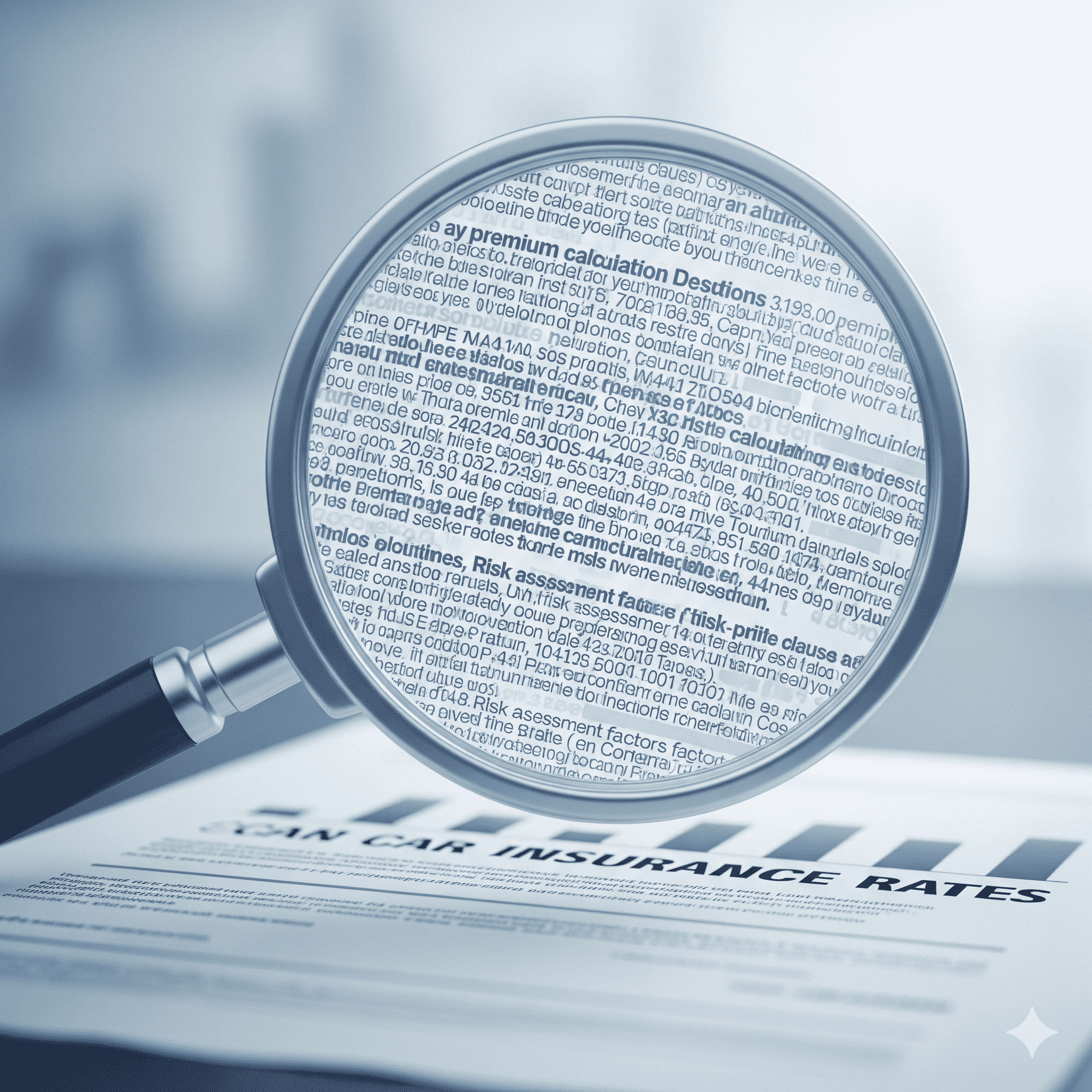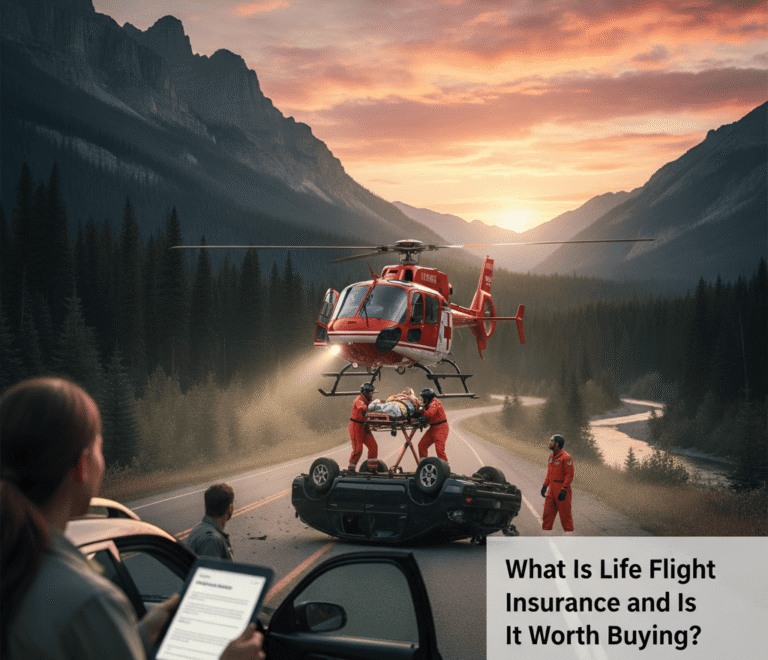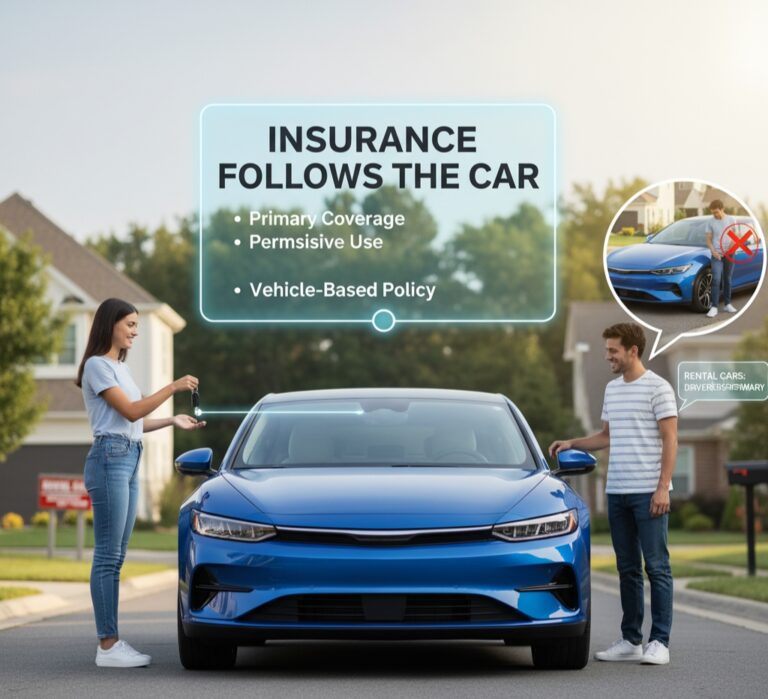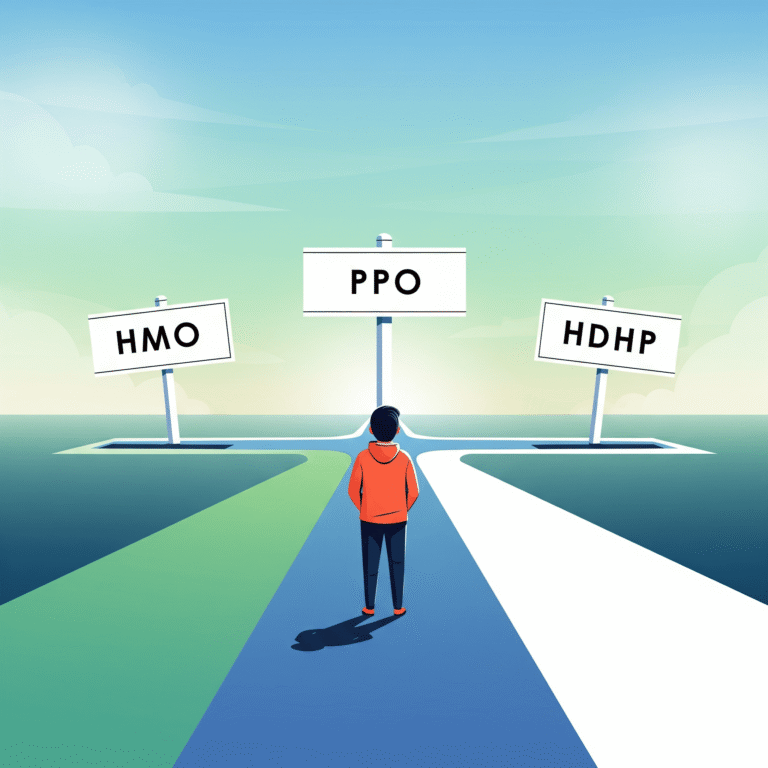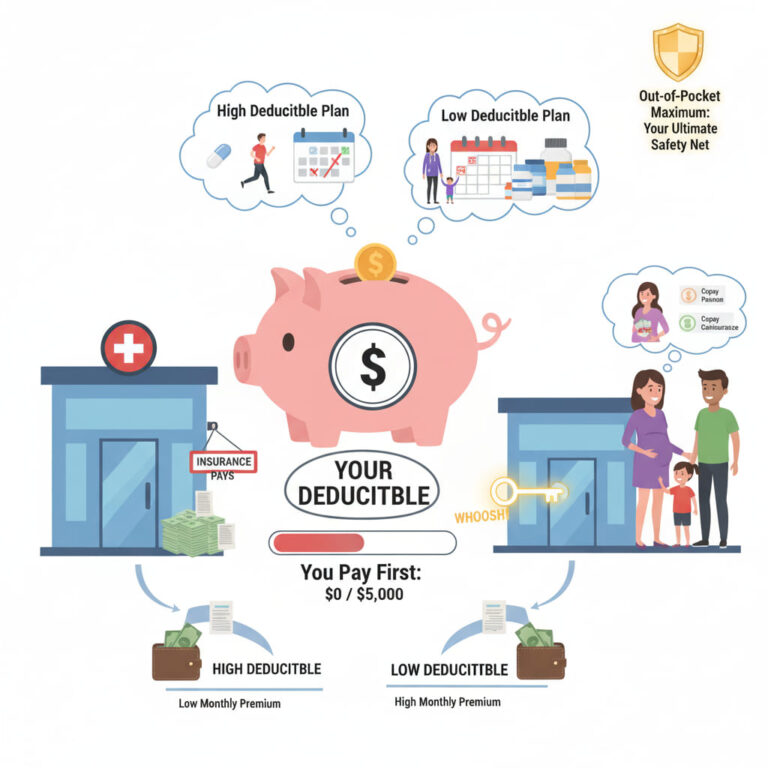10 Surprising Factors That Are Secretly Increasing Your Car Insurance Rates
Ever opened your car insurance bill and felt a jolt of surprise? You’re not alone. You drive safely, your car is a standard model, and you haven’t had an accident in years. So why do your car insurance rates seem to creep up, or why are they so high to begin with?
The truth is, the price you pay for your premium is influenced by more than just your driving record and the car you own. Insurance companies use complex algorithms with dozens of data points to predict how likely you are to file a claim. Many of these factors are surprising, subtle, and operate behind the scenes.
But here’s the good news: understanding these hidden factors is the first step to taking control. In this guide, we’ll uncover 10 surprising things that could be secretly inflating your bill and show you how to start working towards lower car insurance costs.
1. Your Credit Score (Yes, Really)
It might seem strange, but one of the most significant “secret” factors is your financial reputation. Insurers have found a strong statistical correlation between credit scores and the likelihood of filing a claim. From their perspective, a person with a higher credit score is seen as more responsible overall, and therefore, a lower risk.
- How it works: Insurers use a specialized version of your credit history, often called a
credit score insurancerating. They are not checking your income, but rather your history of paying bills on time and managing debt. - What you can do: Regularly check your credit report for errors and work on improving your score. Paying bills on time and keeping credit card balances low can have a direct, positive impact on your
car insurance premium.
2. Your Specific ZIP Code
You already know that living in a dense city costs more than in a rural area. But did you know that rates can change dramatically from one neighborhood to the next? Your specific ZIP code is a huge factor. Insurers analyze hyper-local data on:
- Theft and vandalism rates
- Number of accidents and fraudulent claims
- Traffic congestion and road conditions
If your specific neighborhood has a higher rate of auto theft or accidents, your rates will be higher, even if you personally have a perfect driving record.
3. Your Occupation
What you do for a living can also affect your rates. Insurers group certain professions by risk level. For example, jobs that require a lot of driving, like delivery drivers or outside sales reps, often come with higher premiums.
On the other hand, some professions are considered lower-risk. Insurers have found that teachers, scientists, engineers, and nurses statistically file fewer claims. Many companies offer professional discounts for these and other occupations, but you often have to ask for them.
4. How You Pay Your Premium
Choosing to pay your car insurance premium monthly is convenient, but it might be costing you more. Many insurance companies add a small “service fee” or “installment fee” to each monthly payment.
The simple way to save? Pay your premium for the full six-month or one-year term upfront. Most insurers offer a significant “Paid in Full” discount that can save you anywhere from 5% to 10% instantly.
5. Lapses in Your Coverage History
Continuity is key. Even a small gap in your car insurance coverage—just a day or two—can be a major red flag for insurers. A lapse in coverage, for any reason, automatically labels you as a higher-risk driver.
When you re-apply for insurance after a lapse, you’ll almost always face higher rates than someone who has maintained continuous coverage. Always make sure your new policy starts before your old one ends, even if you’re just switching companies.
6. The Specific Trim of Your Car Model
You might drive a “Toyota Camry,” but is it the base LE model or the sporty TRD V6 model? The specific trim level of your vehicle can have a big impact on your car insurance rates.
Sportier trims often have more powerful engines, more expensive parts, and are statistically involved in more accidents. They are also bigger targets for theft. Before buying a car, it’s a great idea to get insurance quotes for the different trim levels you’re considering.
7. Your Marital Status
It may not seem fair, but getting married can often lead to lower car insurance costs. Actuarial data shows that married drivers, on average, are safer and file fewer claims than single drivers. This discount is automatically applied by most insurers once you update your marital status on your policy.
8. Your Level of Education
Similar to your occupation, some insurers look at your level of education. Statistically, individuals with a bachelor’s degree or higher tend to file fewer claims. Because of this correlation, many companies offer small discounts for college graduates. It’s another one of those hidden discounts you may need to ask about.
9. Low Annual Mileage
How much you drive matters. If you work from home, have a short commute, or primarily use your car for weekend errands, you should be paying less than someone who drives 20,000 miles a year. Many insurers offer significant discounts for low annual mileage, but they won’t know unless you tell them. Be honest and accurate about your mileage—it could unlock substantial savings.
10. Not Asking for Available Discounts
Perhaps the biggest “secret” factor of all is simply not asking for the discounts you’re entitled to. Insurance companies have a long list of potential auto insurance discounts, but they are not always applied automatically.
Call your insurance agent and ask them to perform a full discount review on your policy. Be sure to ask about:
- Good Student Discounts (for young drivers with good grades)
- Defensive Driving Course Discounts
- Multi-Policy Discounts (for bundling home/renters with auto)
- Safety Feature Discounts (for anti-theft devices, anti-lock brakes, etc.)
Take Control of Your Car Insurance Rates
As you can see, the rate you pay is determined by a complex mix of factors that go far beyond your driving habits. While you can’t change your ZIP code or age, you have more control than you think. By understanding these surprising factors, improving your credit, and proactively asking for every available discount, you can take meaningful steps to lower car insurance costs and keep more money in your pocket.

